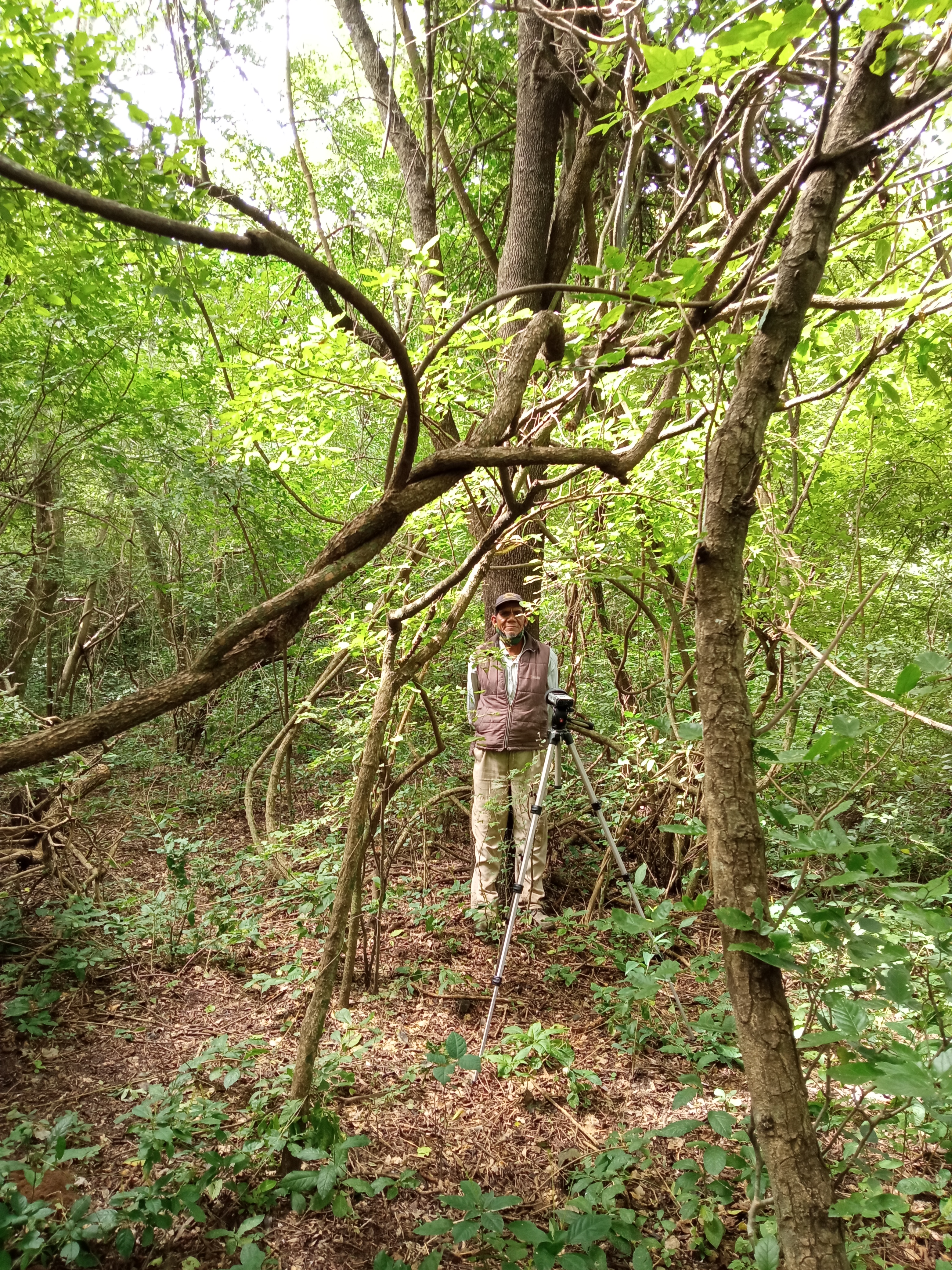work in secret process

I met Caístulo last april, in Wichí land, in the triple border between Argentina, Bolivia and Paraguay. Caístulo is a 72-year-old wichí man, who last year fell into a coma in the woods and began to sing the chants that the trees dictate to him. We walked together to his most beloved trees and we recorded their chants. Then, we sat on the grass and wrote a text through the procedure of Reunión. The next day we got together in the same place, we read the text aloud and we listened to the chants. I told I’ve been working for many years with a Mapuche singer called Soraya Maicoño, who since 1997 has been traveling through Mapuche communities, making a reconstruction of the ancestral chants of her people. The face of Caístulo lit up: “‘I would love to hear her singing, I’ve never heard a Mapuche chant’. I shared with him one of Soraya’s chant that I had in my cellphone, it’s called ‘Amuley’. When it finished, he told me: ‘How beautiful it is! But I don't understand a thing, brother!'. We called Soraya and asked her to translate the lyrics into Spanish. I wrote it down in a piece of paper. And then Caístulo said: “I want to make a version in my own language”. We translate, through conversation, the lyrics from Spanish to Wichí language, we recorded the cover and we sent it to soraya. Soraya felt touched and asked us to send her a song by Caistulo and its lyrics in Spanish so that she could also do her cover of the Wichí song in Mapuche language.
That’s how we started this network of indigenous chant and translation called La Lengua Encantada, which now gathers many other cantorxs from other peoples. For now it only circulates in their own territories.
Each participant records a chant, in their territory, in their own language. Each participant receives other indigenous chants with their translation into Spanish, English or any other lingua franca. Each participant translates those chants to their own language and records a cover. We also make a publication, through the procedure of Reunión, in which they tell about their relationship with chants and spirituality, with sound and listening, with politics and land protection. Al the materials, both the chants and the texts, are given to all the people that participate in this transmission network, and are distributed in analogic and virtual editions throughout indigenous territory.
